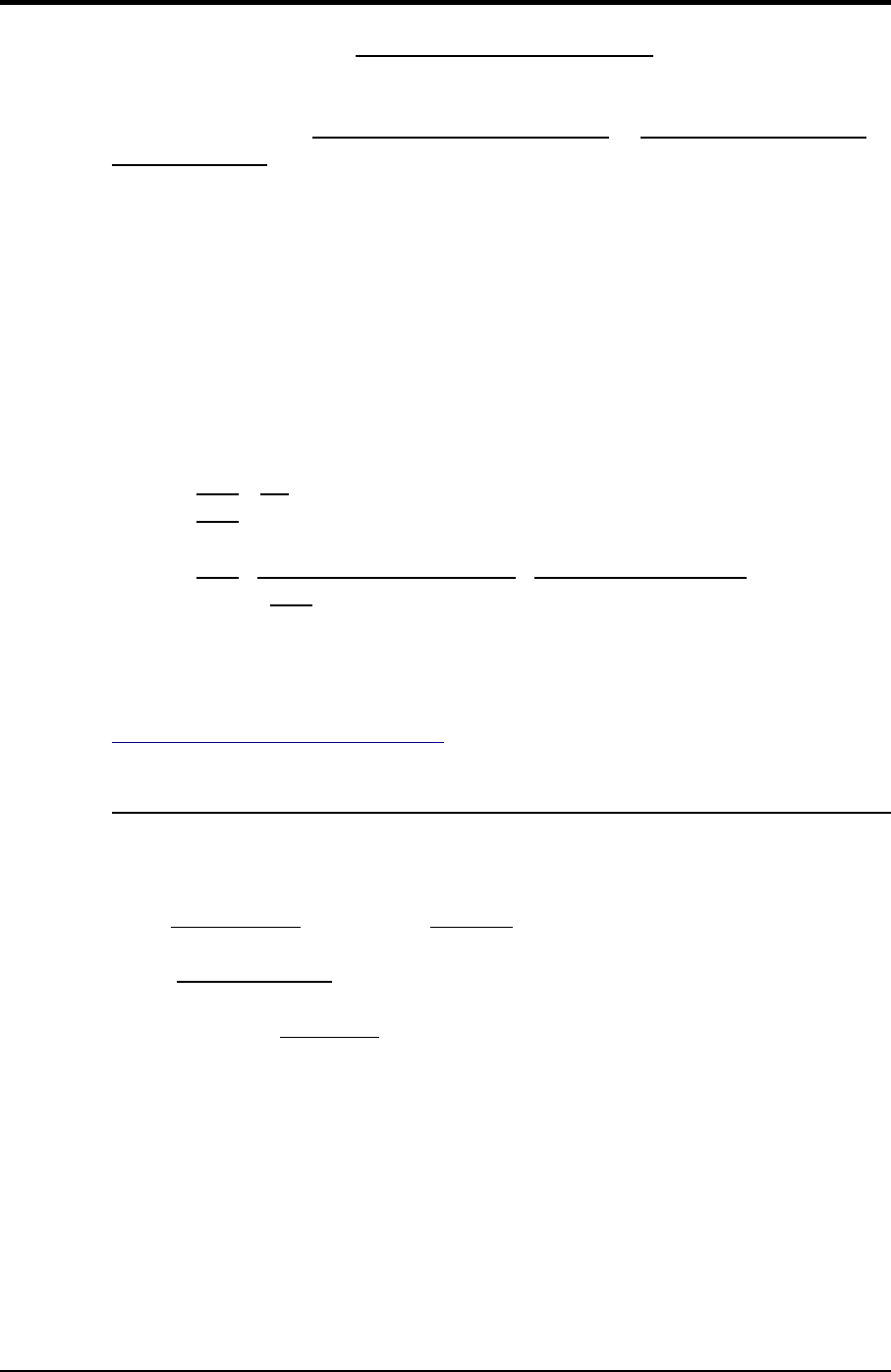
Operator's guide
gcfgdbmark dirty option-name-or-prefix : Enter this command
to mark the named configuration option as “dirty” in the database.
gcfgdbisdirty option-name-or-prefix (option-names-or-
prefixes ... ) : This command finds out whether any of the named options
is marked as “dirty”. If none are marked, the command exits successfully;
otherwise, it exits with a failure code. Thus you can use gcfgdbisdirty in
your own shell scripts, to perform actions depending on the status of the DCM's
configuration options.
Note that marking an option as “dirty” will not necessarily lead to any action
being taken. For example, you cannot force a service to be restarted using these
commands.
Each of the four tools can also take two command-line options:
gcfgdbxxx -h : Displays a short usage reminder about the command
gcfgdbxxx. All other arguments will be ignored.
gcfgdbxxx -c config-database other-arguments : Normally,
all the gcfgdbxxx commands work on the system configuration database.
However, you can supply the file name of an alternative database using the -c
option, in which case the command will be performed on that database instead.
For a detailed description of the configuration options in the database, see
Chapter 4, “Configuration options”.
Digitizer console access
The command gcli allows you to pass commands directly to the digitizer's
console. The syntax is:
gcli port-number [-f] [-r] command
where port-number refers to the serial port connected to the digitizer. You
can use serialmap to discover which serial port has which number, as
described below. command is a DM24 FORTH command, which may contain
several words. For information on the commands available on the DM24, please
see its own documentation.
gcli will wait for the digitizer command to finish before exiting, and will only
output any response from the digitizer afterwards. If you need to issue a
command which monitors a value, you will need to connect to the digitizer's
console directly using Scream! or minicom.
If you want to pass special characters to gcli, using the -f option allows you
to use backslash sequences as used by the C command printf (e.g. \t = tab
December 2005 87


















